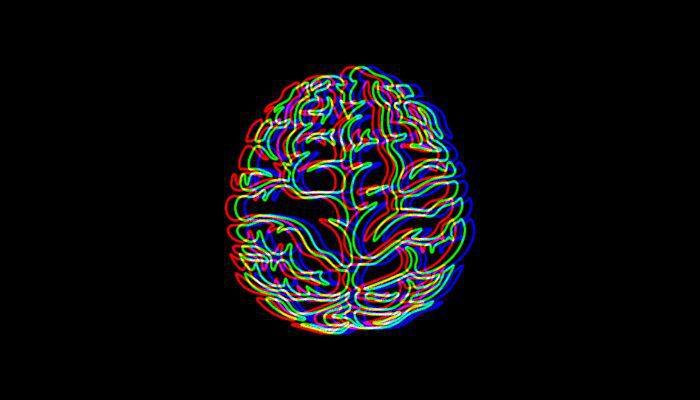Your Brain On Music – FUXWITHIT

Individuals of every background, culture, and identity are joined, moved, emotionally affected and attracted to the power of music. In its ornate ability to connect all areas of human existence, music is a steadfast component of our day to day endeavors. Simply put, music is sound and sound is vibration. Through trying times and unpredictable chaos, scientific research proves these vibrations have the potentiality to boost several aspects of life. This is your brain on music.
Music Fosters Social Bonding
In the increasing popularity of festival culture, many ticket buyers claim they attend events for the overall experience, rather than music enjoyment. But what makes us inclined to spend hundreds, possibly thousands, of dollars a year to attend live festivals and or shows? Fortunately for us, studies such as these aim to prove the correlation between music and the enhancement of social bonding. As a central point for human expression, religion, identity, and social communion, music continues to act as a key component for co-engagement. Moving simultaneously to rhythmic patterns heightens the feeling of bond and connection. Because of this connection, we are inevitably more inclined to form successful relationships and dialogue with others when music is involved.
Music Aids In Memory Recall
Taste is subjective to each individual, however, we are all similar in the way our brains process music. Although no specific genre is known to increase or assist most psychological functions, scientists are finding an important distinction between high-tempo records and melodic, calm-natured tracks. Just as quicker paced music invokes energy, mellow and repetitive rhythms allow our brains to precisely consume and understand information. By conducting thorough studies, researchers prove that utilizing background music while we study or read will heighten memory recall.
Music Alleviates Stress
Mimicking the physical euphoria of drug consumption, music plays an important role in our body’s regulation of dopamine, a chemical associated with reward and pleasure. By way of psychological studies, researchers are finding listeners subconsciously form personal connections with specific sounds. These sounds effectively release a healthy surge of dopamine when played at a moderately high volume. A small dose of the feel-good chemical can ultimately serve as a relaxation aid, in turn, boosting our overall moods and perceptions on life.
Music Enhances The Creative Process
Much like social bonding and memory recall, music is an unprecedented contributor to shifting our outward perception of life circumstances. Because of its ability to improve mood and relieve anxiety as understood in this article, music is further believed to enhance flexible thinking and self-expression. Researchers are discovering that “happy” music can enhance divergent thinking and cognition, further assisting in creative processes. Music can ultimately act as a mild diversion to problem-solving, allowing our now-relaxed brain to create new solutions in difficult tasks.
Music Provides Relief To Physical Pain
Much like music, pain is subjective, directly influenced by the receiver’s emotional and psychological process. Although a sensory process felt throughout the body, scientists are discovering both anxiety and stress largely contribute to the advancement of physical discomfort. In understanding music’s ability to relax an individual, sound is now a prominent aid in the alleviation of unpleasant physical trauma and it isn’t any single genre that does this. In studying the mental properties of pain, researchers are recognizing the most effective sounds are those the patient or individual is most familiar with. Through studies such as these, we understand pain endurance is partially subjective and altering one’s perception of pain (through the use of music) can ultimately change the experience of that pain. Simply put, the effortless task of enjoying your favorite track has the power to diminish certain bodily sufferings.
Being human also means we are collectively experiencing life’s inevitable hardships. However, through the continuous studies of psychology and sound therapy, we are finding music may be the most powerful aspect of existence. Music is global and affects every corner of our daily lives. Regardless of our individual attractions to specific genres or sounds, music is working to enhance aspects of life while providing a healthy alternative to mood improvement. So the next time we are enduring the natural, yet not-so-pleasurable, moments of reality, let’s work to remember that a quick dose of music may be all we need.
Words by Sydney Verbrugge





